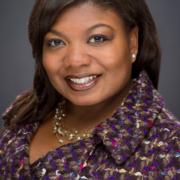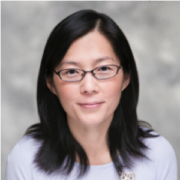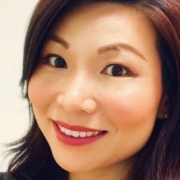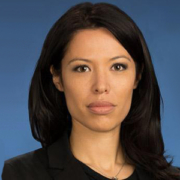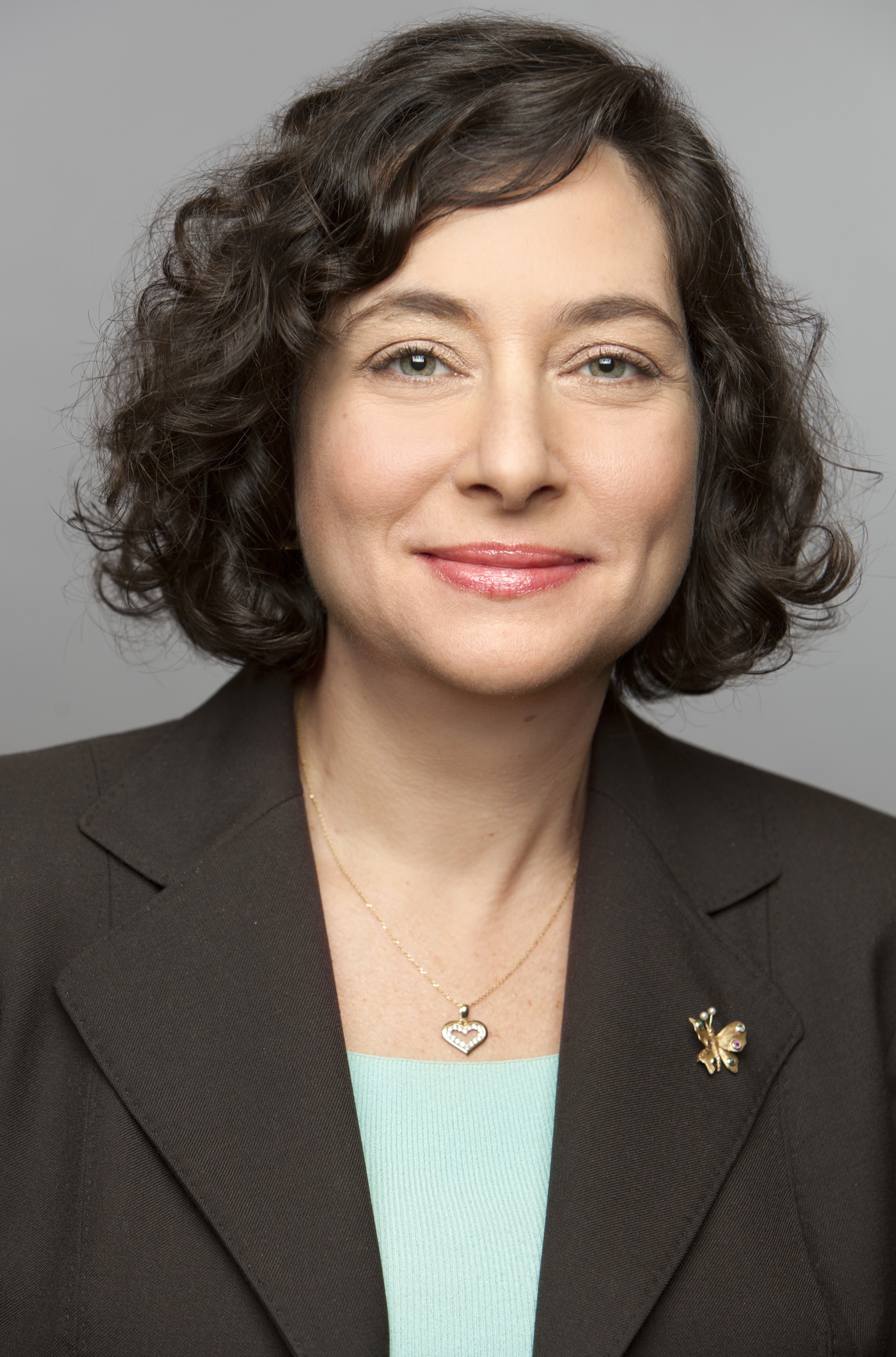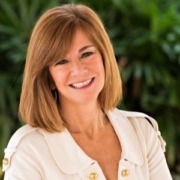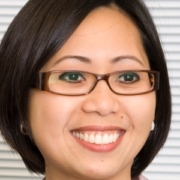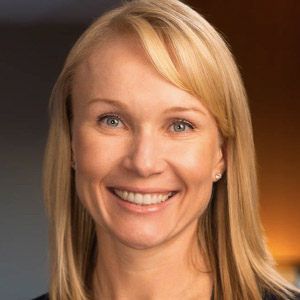Voice of Experience: Natalie Eckford, Managing Director, Cambridge Associates
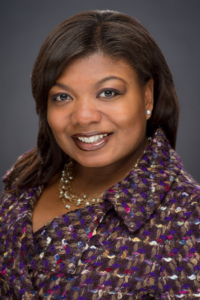 “I am a black woman from Jackson, Mississippi, and that experience gives me a valuable, unique perspective. I shouldn’t shy away from that difference,” says Natalie Eckford. “I’m using my education and my skills to make my stamp on justice and equality, and I’m really proud of that.”
“I am a black woman from Jackson, Mississippi, and that experience gives me a valuable, unique perspective. I shouldn’t shy away from that difference,” says Natalie Eckford. “I’m using my education and my skills to make my stamp on justice and equality, and I’m really proud of that.”
Eckford describes her career path as traditional – developing a solid background in finance by joining an investment banking firm right after earning her undergraduate degree. She then moved back to Mississippi, where she worked for WorldCom in its broadband division. “Even though I was still in finance, my work at WoldCom was completely different. In banking, I worked with prebuilt models to try to make the deal fit, but at WorldCom, I had to build the model to fit the situation. I was learning how to run a company.”
In addition, she had much more interaction with people, which was lacking in her former role as an Investment Banking analyst. When evaluating potential M&A deals for WorldCom, she had to understand how every department would be affected. “I actually had to get out of my chair and talk to people,” Eckford says, adding that it was an important development in her career skills.
After attending Harvard Business School, she landed at Cambridge Associates, which was the perfect fit for her. At Cambridge Associates, Eckford helps institutions navigate the global markets, access profitable investment opportunities, and grow their endowment capital. “My role here takes all the skills I’ve been building and utilizes them to help further missions in which I really believe,” she says. Her clients include nonprofits that work in education, community development and civil rights advocacy.
Eckford feels she is following the model set by her parents, both of whom earned their degrees during the Jim Crow era and used them to combat inequality and poverty. “The example they set was that I had a responsibility to use the privileges with which I had been blessed to try to help someone else, and I’m proud of what I do to help my clients access capital to further their important missions.”
The passion for the work she’s doing has its roots in her undergraduate thesis on women-focused microfinance as a means for broader economic development. She says that she has always been interested in how you can make investments that have a double bottom line – not only are you making an impact that is visible, but you are doing it through a market orientation. She says that she is seeing a broader use of impact investing in portfolios, though it’s still in the early stages. “There are more funds being created to bridge the gaps in income inequality and education through new technology, and a growing number of these funds are being led by women. It is a very exciting time.
Learning To Speak Up
Eckford recognizes the power of sponsors, citing that advocacy as the reason that she earned her initial spot on the real estate investment banking team. Someone for whom she had interned on another team championed her, alerting the decision makers that Eckford had really made a difference on their team and had potential to be a value-add for the group. “I’m very thankful that I have had advocates, but we also need to do it for ourselves – we need to shed the fear of telling our colleagues how we’ve added value to the company.”
And she says that young women should not be afraid of taking risks. She looks back on her business school experience and how most of the women in her class took jobs within very established companies or industries, whereas many of the men were looking for positions with independent groups, angel investors or start-ups. “They were not afraid to go to a place that had been unproven and because of it, many of them have been able to benefit from valuable experiences learned when you are part of a small team working to grow a business or when you have an individual investing in your career because your success is tied to the business’s survival.” She cites her time working for a start-up group at WorldCom as a risk like that: “I was coming up with the ideas and that really impacted my viewpoint on the rest of my career.”
“They were not afraid to go to a place that had been unproven and because of it, many of them have been able to benefit from valuable experiences learned when you are part of a small team working to grow a business or when you have an individual investing in your career because your success is tied to the business’s survival.”
Over the years, Eckford has learned that it’s not enough to just work hard – that women need to promote themselves and develop a network of allies who will help promote them. “As a black woman I had worked so hard to just fit in over the years, it felt unconscionable to try to stand out,” she says, “and yet, you get to a point in your career where it’s critical if you’re going to progress. Most likely, your male counterparts are not holding back.”
She says that speaking up and sharing your unique perspective is what will make people remember you. “I’ve worked so hard to get the seat at the table, and when I got promoted to managing director I really thought about how I wanted to use that.” Eckford knows that even if was her stellar resume that got her in the door, it is the sum of her experience that differentiates her in meetings.
She knows that her clients appreciate the different perspective and voice that she can bring and believes that all organizations can benefit from incorporating diverse perspectives to their governing bodies. She firmly believes that women need more board representation. “Even as we look for more diversity in portfolios, that decision tends to be determined at the board level. We have to have a more diverse board calling for diversity in our portfolios.”
Walking the Walk
Eckford is active in a group at Cambridge Associates that founded a Diversity Council, which encompasses employees of different ethnicities, genders and sexual orientation through all levels of the firm.
She knows that her firm is interested in the business case for diversity – and that clients care. She says that in the past year, they’ve talked frequently about the barriers for women and minority managers. “We’re making progress, but there’s a lot of work to be done,” she says.
As if her busy professional life wasn’t enough, Eckford also makes time to give back outside her firm. “Nonprofit boards have always been a passion throughout my life.”
By Cathie Ericson

